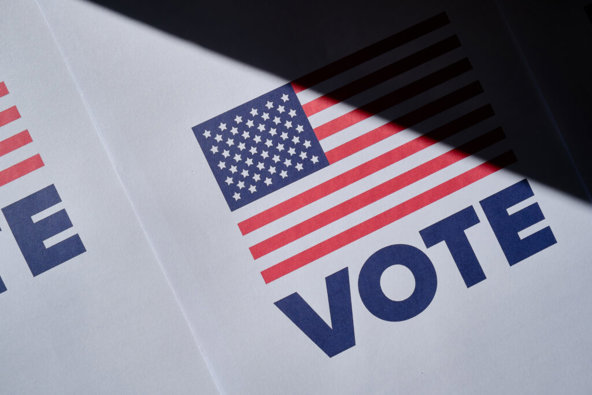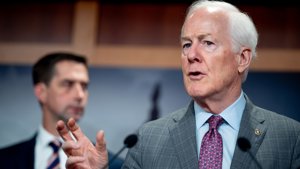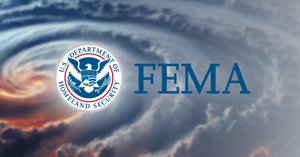
Ohio Flags Noncitizen, Double Voting Cases
Ohio probes 30 noncitizen registrations, double voting across 8 states and D.C., referring cases for prosecution.
Ohio Targets Alleged Election Law Violations Across State Lines
Ohio Secretary of State Frank LaRose announced Tuesday that his office has referred multiple cases of alleged election violations to prosecutors, including instances of noncitizen registration and double voting across several states. The move is part of an ongoing initiative to safeguard election integrity.
The Election Integrity Unit within LaRose’s office identified 30 non-U.S. citizens registered to vote in Ohio. Additionally, 11 individuals were found to have potentially voted in more than one jurisdiction, including Virginia, Arizona, Colorado, the District of Columbia, Illinois, Kentucky, Maryland, and South Carolina.
“We must send a clear message that election fraud won’t be tolerated,” LaRose stated. “The only way to maintain Ohio’s high standard of election integrity is to enforce the law whenever it’s broken.”
LaRose emphasized that even minor infractions could undermine public confidence in elections. He cited a local case in Licking County where a single vote determined the outcome of a school levy as a reminder that “even one illegal vote can spoil the outcome of an election.”
The Ohio Secretary of State’s office conducted the investigation by cross-referencing Ohio’s voter registry with state and federal databases. Letters detailing the findings were sent to the attorneys general of the affected states, and referrals for criminal prosecution were included.
Federal Lawsuit Targets North Carolina
Ohio’s investigation follows a separate legal action by President Donald Trump’s Justice Department, which recently filed a lawsuit against the State of North Carolina and its State Board of Elections. The suit alleges violations of the Help America Vote Act (HAVA) due to improper voter registration procedures.
The Justice Department claims North Carolina’s voter registration form failed to properly instruct applicants to provide either a driver’s license number or the last four digits of their Social Security number, as required by HAVA. The lawsuit contends that election officials registered voters who submitted incomplete forms in violation of federal law.
A prior version of North Carolina’s state board, controlled by a Democratic majority, acknowledged the form’s deficiency in late 2023 after a voter complaint. Although the form was subsequently updated, the board did not attempt to contact voters registered since 2004 to correct incomplete records before the 2024 elections.
The developments in Ohio and North Carolina reflect mounting scrutiny over voter registration protocols, highlighting tensions between state and federal authorities on election administration.






